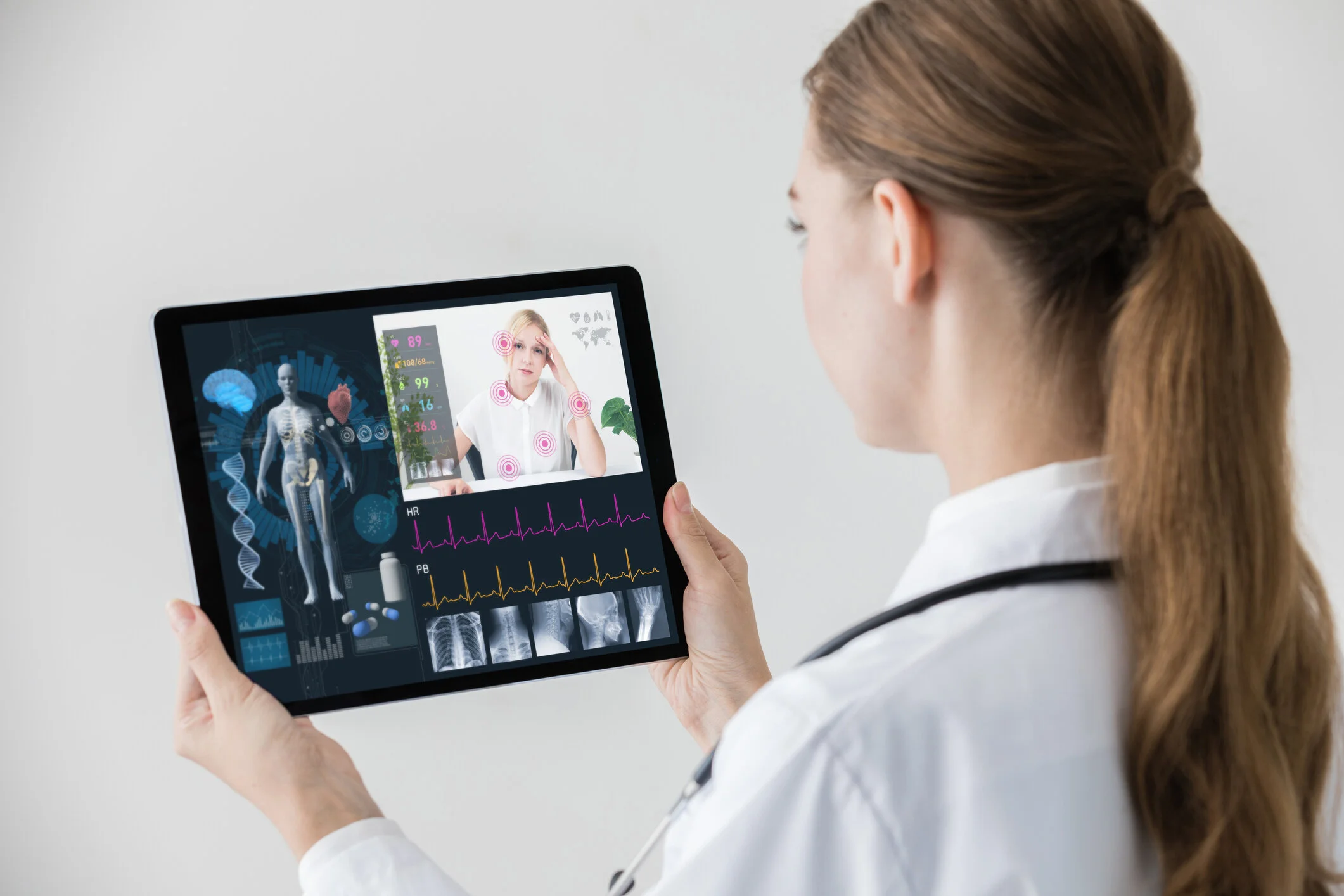The U.S. Department of Veterans Affairs has declared a 17 percent jump in telehealth visits as compared to previous fiscal year. VA delivered more than 2.6 million episodes of telehealth care in FY 2019.
A VA report has revealed more than 900,000 veterans utilized the agency’s telehealth services in 2019 by using the VA Video Connect app, which connects Veterans to their care teams through a secure video session-it is a jump of 235% in the same period.
VA officials stated that more than 200,000 or approximately two-thirds of the 294,000 VA Video Connect appointments in FY 2019 were for tele-mental health visits.
It is noted that more than 99,000 Veterans used the app, which connects Vets with their health care team using encryption to ensure a secure and private session, at home, thus saving a trip to the medical facility.
VA has completed the first full fiscal year of VA’s Anywhere to Anywhere initiative, a program that allows VA health care teams to treat vets irrespective of their location, including across state lines.
The initiative, announced in May 2018, expanded Veterans’ access to critical care that can be virtually provided, including mental health care and suicide prevention. It allows quicker and easier access to VA mental health providers through telehealth.
There has been an October launch of the Accessing Telehealth through Local Areas Stations, or ATLAS, program in Eureka, Montana. It provides timely care for veterans who live long distances from VA medical centers or have poor internet connectivity at home. The VA has planned an expansion of the program in the coming months.
The expansion will witness additional locations open as pilot sites in select American Legion posts, Veterans of Foreign Wars posts and Walmart stores across the country.
A JAMIA Open study published in August, concluded that efforts by VA to bring tablet-based telehealth to vets successfully reached them in rural areas. It also extended care to patients with mental health conditions; a separate study published by Psychiatric Services found the VA's efforts also led to improved clinical efficiency.

